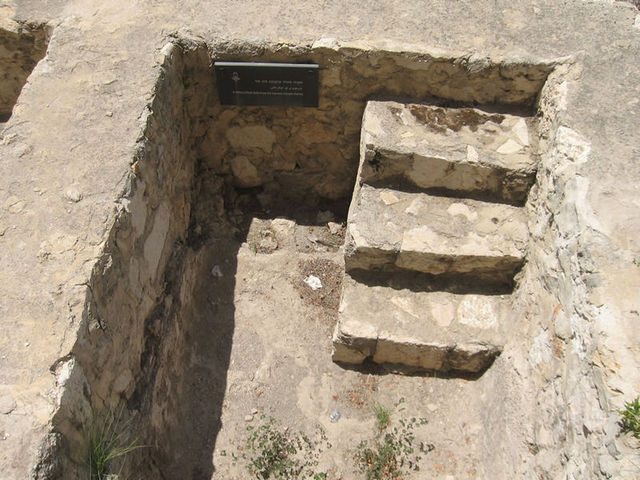As we continue our trek through the book of Leviticus, we are continuously confronted with laws of tumah (purity) and tahara (impurity). These laws, which for some time in history made up the majority of Jewish practice, seem almost completely archaic and meaningless in today’s modern world. While some women are still accustomed to spiritually cleanse once a month to the mikvah (ritual pool) in accordance with the laws in the end of this week’s parsha, the vast majority of us feel no connection to these laws that take up a solid chunk of the Torah.
The Jewish Laws of Purity and Impurity are extremely long, detailed, and dare I say boring. Every object whether it be a wooden box, a lizard, furniture, or human blood has their own unique laws determining their purity status.
What is the point of all of this?
Do we really think that God sees an objective difference as to whether or not a chair is made out of metal versus wood?
Often times in our lives we get too caught up on specifics and often times fail to see the greater picture at work. As we look through this week’s Torah portion, Metzorah, we can easily get bored or even want to ridicule the seemingly random and obscure details surrounding the Laws of Purity and Impurity. However, the bigger picture in all this is that the small details come together to make something much greater than a collection of laws themselves. As Kurt Koffka, the founder of Gestalt psychology, said: “The whole is greater than the sum of its parts.”
The Laws of Purity were created to allow each person to infuse their lives with spirituality. Every object, action, or animal has their unique specifications and situations encouraging man to view every situation as an opportunity for deep spiritual connection. The detailed categories of Pure and Impure as delineated in the Torah may not speak to any of us on a personal level. However, the idea that we should try and take advantage of the spiritual uniqueness of every moment of the day is an idea I try to live my life by.
The Torah is trying to teach us that every object, no matter how seemingly mundane, has the potential to be made pure or impure. Our job is to do our best and take advantage of every day and be able to spread our own, unique conception of Purity throughout the world.
With this approach, the lyrics of my favorite artist, Matisyahu (whose this past week’s concert at UCLA was amazing, regardless of what all the haters think!), comes to light:
“So you think you understand what’s pure and impure? / Now it’s pouring my soul on the floor.” (“Reservoir”)
The quest for seeking out the purities and removing the impurities in the world is a difficult, soul wrenching journey that every person must make for themselves. This week’s Parshah is just one example.
—
This article is part of Ha’Am’s Friday Taste of Torah column. Each week, a different UCLA community member will contribute some words of Jewish wisdom in preparation for Shabbat.

